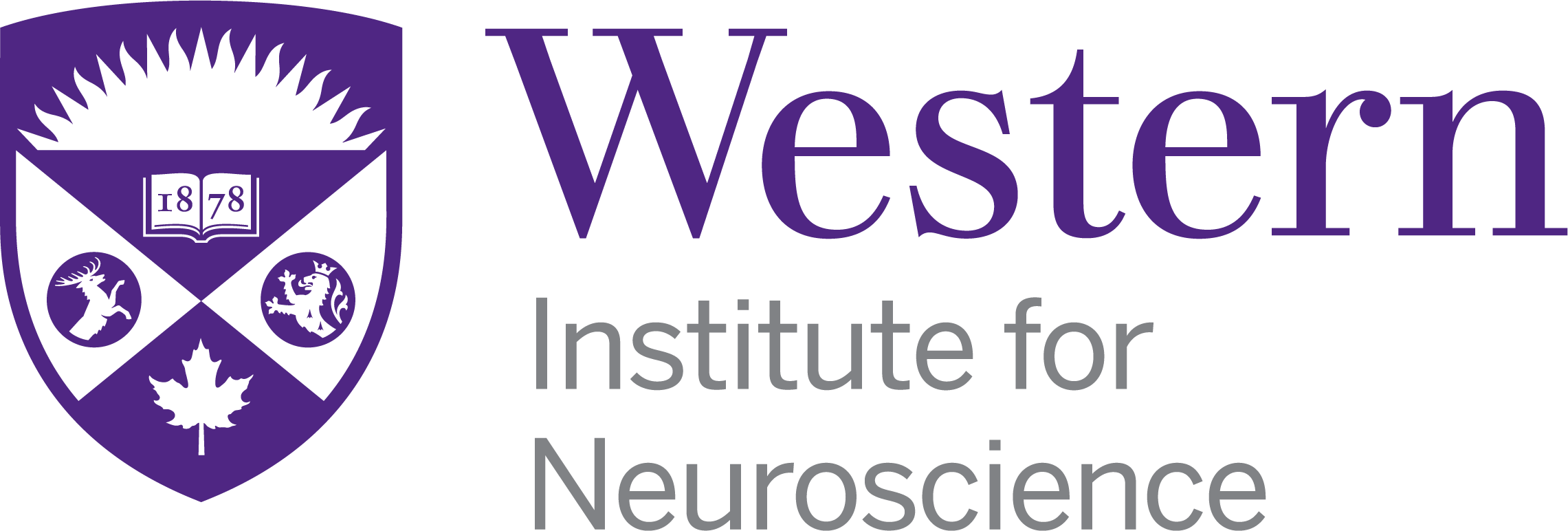Document Type
Article
Publication Date
8-1-2022
Journal
PLoS ONE
Volume
17
Issue
8 August
URL with Digital Object Identifier
10.1371/journal.pone.0272862
Abstract
During the COVID-19 pandemic, pregnant women have been at high risk for psychological distress. Lifestyle factors may be modifiable elements to help reduce and promote resilience to prenatal stress. We used Machine-Learning (ML) algorithms applied to questionnaire data obtained from an international cohort of 804 pregnant women to determine whether physical activity and diet were resilience factors against prenatal stress, and whether stress levels were in turn predictive of sleep classes. A support vector machine accurately classified perceived stress levels in pregnant women based on physical activity behaviours and dietary behaviours. In turn, we classified hours of sleep based on perceived stress levels. This research adds to a developing consensus concerning physical activity and diet, and the association with prenatal stress and sleep in pregnant women. Predictive modeling using ML approaches may be used as a screening tool and to promote positive health behaviours for pregnant women.


